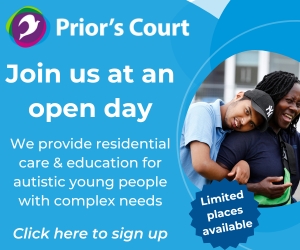Developmental Language Disorder - What You Need To Know
What Is Developmental Language Disorder?
Developmental language disorder is the term that replaces "Specific language impairment.” Children are diagnosed with developmental language disorder (DLD) when they have problems acquiring their own language, with no obvious cause.
Children with DLD will have problems in understanding what is said to them, and to articulate their own thoughts and feelings.
How Common Is Developmental Language Disorder?
Research shows that in every 30 children, 2 will have DLD severely enough to hinder their academic progress. This is around 6.5% of the population, making DLD much more common than most people realise - and more common than other conditions such as autism (around 1.1%) or visual impairment (around 2.2%).
Characteristics Of DLD
A child with DLD experiences difficulties with spoken language. This condition begins in childhood and persists into adulthood, creating obstacles with communication. There is no known cause, though it is thought it may run in families.
Key characteristics of DLD include:
- A child doesn’t speak much, or their talking seems immature
- A child may struggle to find the right words in conversation
- A child may find it hard to understand what is said to them
DLD is not the only label or diagnosis given to children who have issues with speech and communication. DLD may be diagnosed where:
- Development of talking falls behind other children of the same age
- Lack of speech interferes with everyday life
- Slowed development of speech is not explained by hearing loss, acquired brain damage, physical abnormality or lack of language experience
- Speech development is not part of a general developmental delay affecting other skills
"Hidden But Common”
DLD is often misdiagnosed or simply dismissed as bad behaviour or poor listening. Since learning is mainly through language, DLD can affect a child’s learning, including their reading and writing. DLD is often linked with dyslexia. DLD can also lead to children becoming socially isolated, as they find it hard to communicate with their peers and to understand what is going on around them.
What Help Is Available For DLD?
The first step is correct diagnosis of DLD. Once a diagnosis has been made, specialist teachers and speech and language therapists can help children with DLD to develop strategies and skills to understand their difficulties and highlight their strengths. Once aware of the condition, teachers can provide additional support to children with DLD, adapting teaching methods where appropriate.







